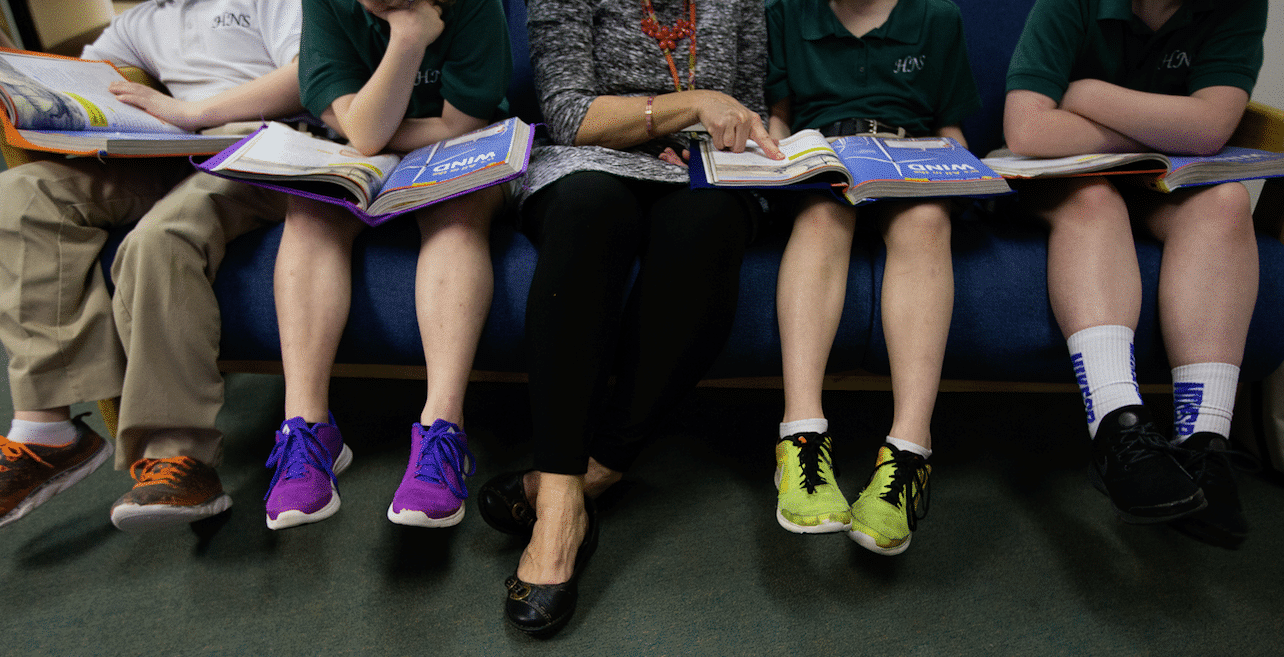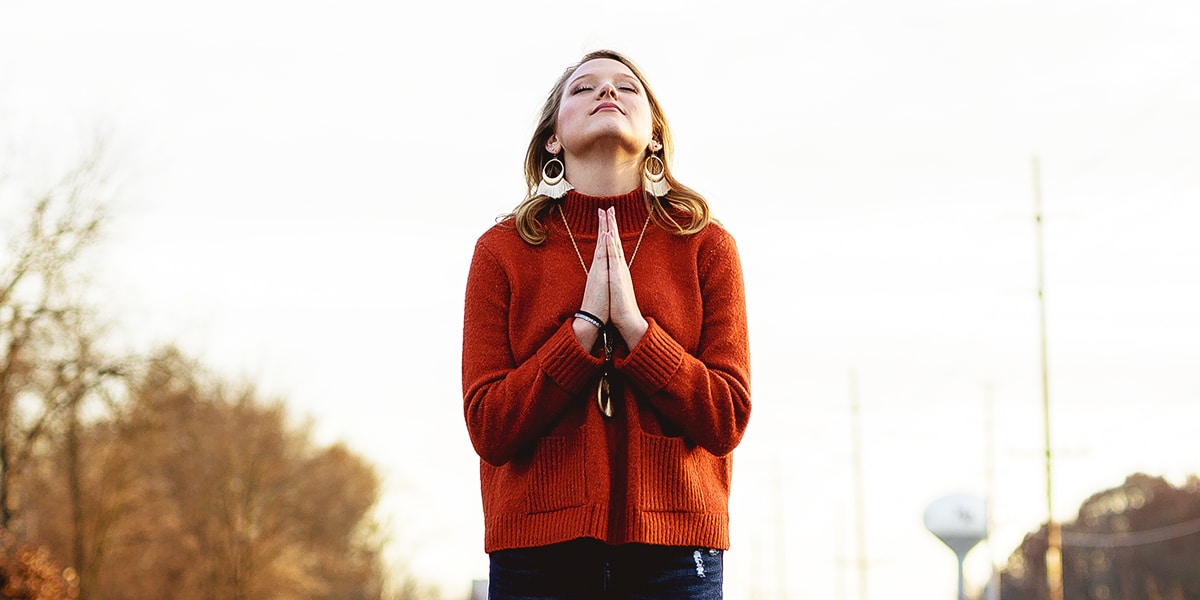Q: Why do so many graduates of Catholic schools become agnostics or atheists or join other churches? Doesn’t the Bible say that there will be great punishment for those who lead others astray?
A: For all the hours that students spend in classrooms and school-related activities, in fact, schools are not the biggest influence on a student’s life; families are. Then come the media. In a week’s time, most young people will spend more hours watching television, listening to music, texting or using a computer for non-school work than they spend in a classroom.
When a Catholic school reinforces the values practiced by parents, relatives and others, chances are much better that its graduates will live out the core values of those families and that institution. Students are sometimes more deeply committed to their faith than their parents, relatives or friends are.
Schools do not simply hand on the Catholic faith in the same way that a relative may pass down valuable family silverware or jewelry. Schools help students develop a faith that grows, that accompanies them through life’s joys and sorrows.
Teachers in all subject areas are expected to support a Catholic school’s core values. Even students with high grades are sometimes expelled from Catholic schools for seriously violating that school’s most basic values. Teachers who do not share those values will eventually work elsewhere.
A parent’s faith or a teacher’s faith can never automatically become a student’s faith. That faith must always be probed and questioned before it can become a teen faith and later an adult faith. Parents and teachers do, however, play an important role in a student’s faith journey by showing what an adult faith can look like and how it copes with life’s joys and challenges. Students can temporarily “lose” their parents’ faith as they seek to develop their own.
St. Augustine of Hippo, whose feast we celebrate on August 28, for many years accepted only teachers whose moral convictions reinforced his own. As an adult, however, Augustine began to question many of his earlier beliefs and was inspired by the life and teachings of St. Ambrose, the bishop of Milan. Ambrose helped Augustine develop a faith appropriate to his age and life experience. The prayers and especially the example of Augustine’s mother, St. Monica (August 27), were an important part of his eventual adult, Christian faith.
Faith is both content (information) and relationship (with Jesus and his disciples). We can more easily assess knowledge than a person’s heart.
Few people have a fully adult faith by age 18 or 22. Students may then be only starting to ask life’s most important questions.
In my early days as a high school religion teacher, a young man wrote on an anonymous survey that his religion class with me would certainly not benefit him as a doctor. I don’t know if he ever became a doctor or if he ever changed his mind about what good a religion class might do for him. Truly effective doctors are more than expert clinicians—as medical schools constantly remind their students.
At all levels, Catholic schools continue to nourish an age-appropriate faith for Catholic students and for others who choose to attend these schools. The same is true of all other programs for religious education.








